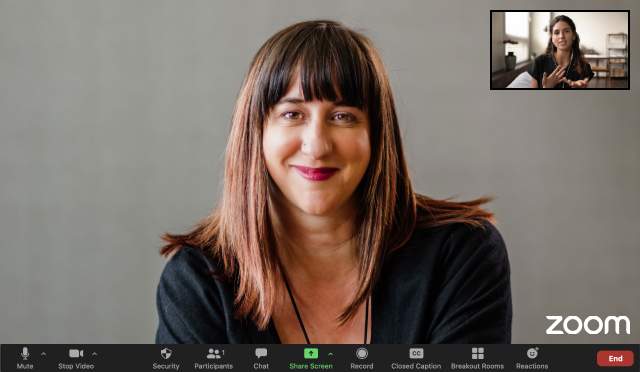Having a campaign specific strategy is paramount when you want to focus on growing or improving one particular area of your nonprofit organization. Campaigns can apply to many aspects of charitable activities but are most often used to plan and execute projects, products, special events and name acquisition initiatives.
When creating a campaign strategy, it is important to plan out the necessary steps needed to achieve a goal, but also to ask questions such as:
- Who will be affected by this campaign (positive or negative)?
- What resources are available to execute this campaign?
- Have we done this campaign before? What worked/didn’t work?
- What changes to our current operations could improve the situation outside of a campaign?
The word “campaign” is a term describing the organized steps taken to achieve a goal or objective. You can also think of it as a purposeful, intentional effort to reach a specific outcome, which includes thoughtful planning and strategy.
3 keys to planning a winning campaign specific strategy
If you’re wondering how to create a campaign specific strategy, here are a few key areas to keep in mind.
Objectives
Why are you thinking about having a campaign? What are you trying to accomplish? What would make the campaign successful? Understanding your objectives for the campaign will allow you to measure your progress and track success.
The important thing to remember when setting campaign objectives is to use S.M.A.R.T. goal setting. If your goals aren’t strategic, measurable, achievable, realistic and timely then they’re either too specific or too broad and should be reworked.
Audience
Who are you trying to reach with this campaign? While we’re often tempted to answer “everyone,” this is not a strong answer from a strategic marketing point of view. Effective campaigns are crafted for a specific and targeted group. This works because the message is crafted for them and is based on what they’ll best respond to. A general message for everyone is generic, bland and most often gets lost in the noise.
Narrow your focus to a specific target audience and you will see your campaign specific strategy take shape with much less effort because you’ll know exactly who you’re talking to and what they need to hear.
Messaging
Once you know your campaign’s goals and understand the needs of your target audience, crafting key campaign messaging is the next step.
The most effective campaigns have one clear message. Just one! While you have likely thought of many actions for your target audience to take that you’d be satisfied with, keeping your campaign messaging to one simple call to action allows you to focus your efforts on this one action and strengthens all other aspects of your campaign.
Your messaging will look different throughout the campaign as it is executed on different platforms but it should be unified in its core message.
With the knowledge gathered from considering the big picture, you are now ready to create your strategy to guide you in planning, implementing, executing, measuring and continuously improving your campaign.
If you want to learn more about how we can help you with planning a campaign specific strategy, just reach out. At Anchor Marketing, we know you need to be good stewards of the funds you’ve been entrusted with and we can help you achieve great things with your marketing and donor cultivation in a cost efficient way.
